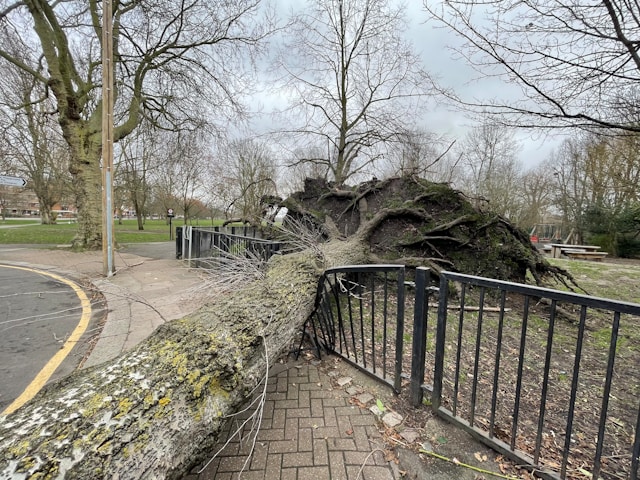
Deny, deny, deny seems to be the strategy adopted by Barak Fund Management, following whistle-blower allegations into the financial affairs of the Mauritian-based provider of trade finance.
According to the company’s website, two sets of allegations regarding the conflict of interest involving the Chief Investment Officer, Prieur du Plessis were raised in May 2019.
The allegations were raised in relation to 2014-2017 events, by, what the company believes, was “an individual who had never worked or was connected to the company.” These allegations, following the review of an independent legal counsel, were resolved on the basis of no evidence of fraud or wrongdoing, the company claimed.
In an unrelated allegation case in April last year, Du Plessis announced a labor redundancy process. Following this, allegations of impropriety surfaced from three employees who were affected by the redundancy. “Two raised concerns about the quality of collateral linked to some loans that it made, while another warned about the overvaluation of some assets,” said unnamed sources at the time.
In June last year, “an independent legal counsel, Non-Executive Fund Director, and Fund Compliance Officer” apparently found no evidence of wrongdoing or fraud. A second probe by an external audit must still take off.
PriceWaterhouseCoopers (PWC) resigned in 2019 as Barak’s trade finance fund auditor before the 2019 audit was completed and was replaced by Macintyre Hudson. According to Bloomberg, more than one of the whistle-blowers had complained to PricewaterhouseCoopers before the auditor’s resignation. However, it is unknown if this is linked to PricewaterhouseCoopers’ decision to resign.
According to Biznews, “In 2019, a separate whistle-blower alleged a potential conflict of interest relating to Du Plessis, who was said to have received cash and use of a motor vehicle from an entity linked to a client in the coal sector. Barak conducted an investigation and resolved the matter after issuing a warning to Du Plessis, who said the deal was repayment and collateral for a personal loan, one of the people said.”
According to bnnbloomberg, “Barak’s representative also said that several investors have been contacted in the past few weeks by one of its competitors, which is seeking to take over the management of the assets. The firm says it has also determined that certain former employees are now working for the competitor in question.”
While other officials have been implicated, all eyes are on Du Plessis, Barak’s founding member with Jean Craven.
Du Plessis had a sterling career, according to the Barak Fund Management website. He has worked in commodities trading and the financial arena for more than 15 years. His career includes stints as head of structured trade and commodity finance at Absa Bank, a subsidiary of Barclays Bank Plc.
Du Plessis also headed up the soft commodities origination team for Standard Bank and managed the treasury operations of Rand Merchant Bank’s commodities trading desk, before moving into a structured commodity finance deal-making role at the bank.
During his tenure at Rand Merchant Bank, Du Plessis was a key member of the team which completed the first successful grain securitization in the world and led the team that established the third-largest crop insurance company in Africa. This is relevant as, according to the company’s restructuring documents, Barak’s illiquid investments comprise more than half of the fund’s assets, in sectors such as coal mining, consumer goods, and fertilizer production.
But maybe the biggest red flag? Du Plessis is a qualified chartered accountant and completed his public training with PricewaterhouseCoopers, the firm’s initial auditor who resigned in 2019.






